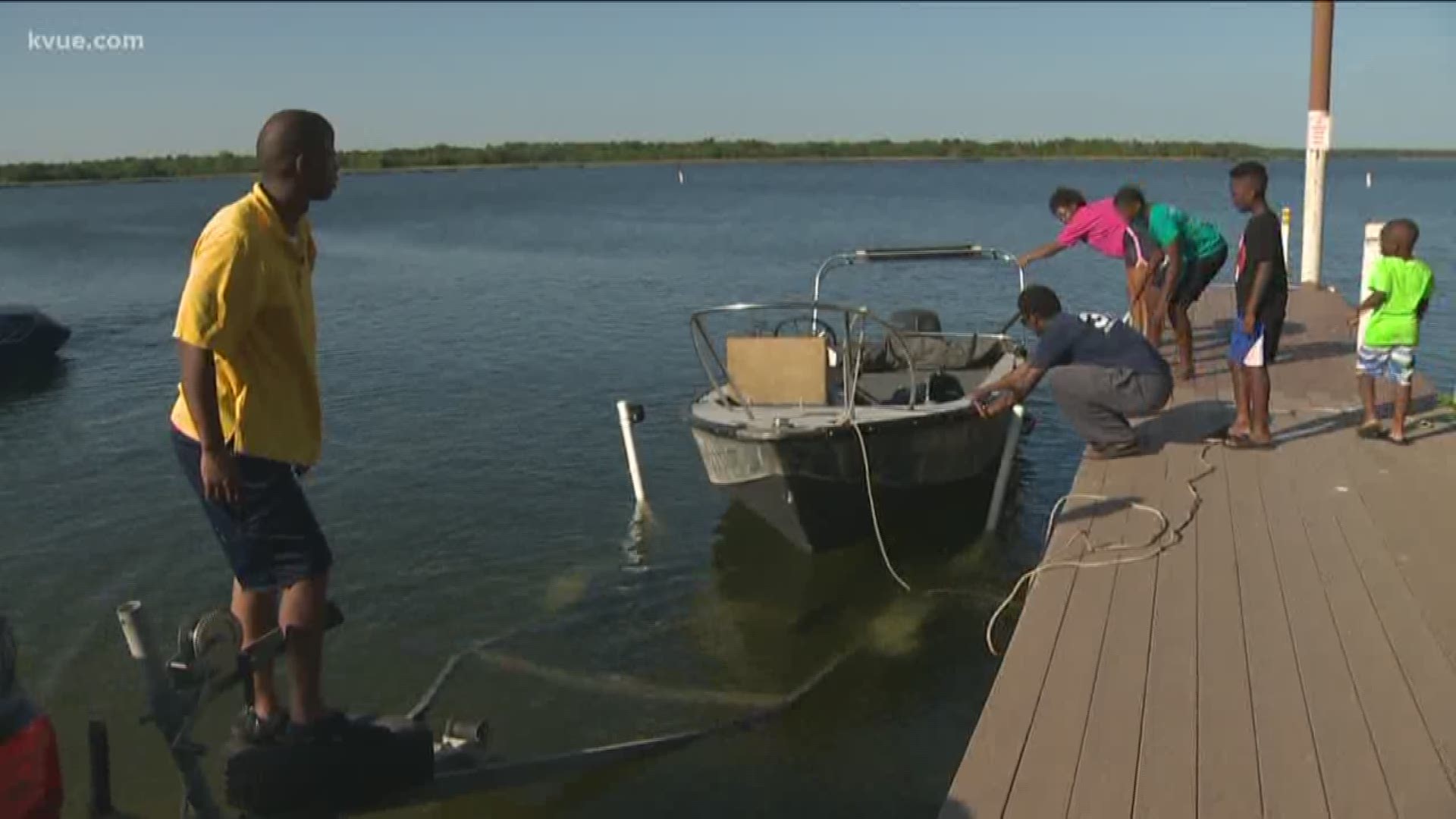AUSTIN, Texas — A funding appropriations bill in front of lawmakers in the U.S. House this week takes aim at zebra mussels, the invasive species that has infested several lakes across Texas and the U.S.
Rep. John Carter (TX-31) said he has included language in H.R. 7608, the minibus appropriations bill, to instruct the U.S. Fish and Wildlife Service to create technologies to combat and prevent the spread of zebra mussels.
In Texas alone, 19 lakes are classified as infested, including Lake Austin, Lake Travis, Lake Georgetown and Granger Lake.
“My language tells the U.S. Fish and Wildlife Service to create technologies that will eliminate zebra mussels without the addition of chemical agents,” said Carter. “While zebra mussels may seem like a small issue, we have seen this creature impact water supply in communities across Texas. In Texas, there’s no more valuable resource than water and it’s important we protect it.”
The bill is currently on the House floor and is expected to be passed on Friday.
RELATED:
In January, the Austin City Council voted to spend up to $4 million over five years on chemical copper sulfate to combat zebra mussels. The City is also working to retrofit water intake structures to reduce the risk of chemicals killing fish and other wildlife.
In October 2019, KVUE reported Austin researchers at Environmental Quality Operations were developing what they call a "poison pill." They were awarded a $225,000 grant to continue this research on the possible zebra mussel killer.
In February 2019, zebra mussels were blamed for smelly water across the city of Austin. Austin Water said it believed the presence of the pests infested a raw water pipeline at the Ullrich Water Treatment Plant in West Austin.
To learn more about how you can limit spreading them, click here.
PEOPLE ARE ALSO READING:

